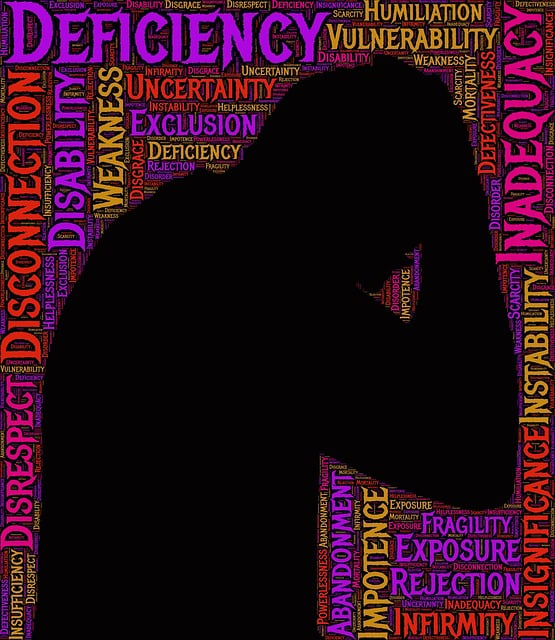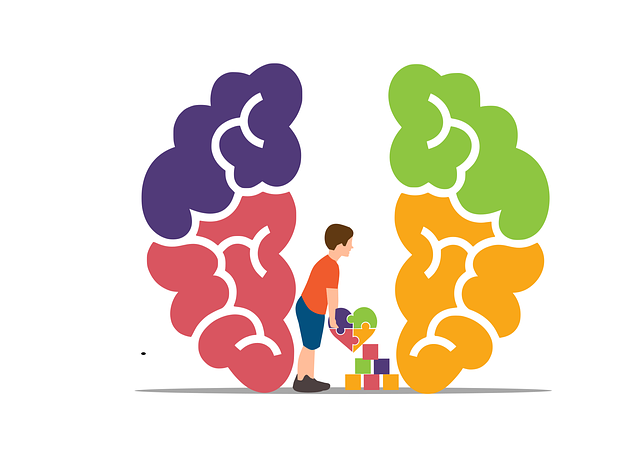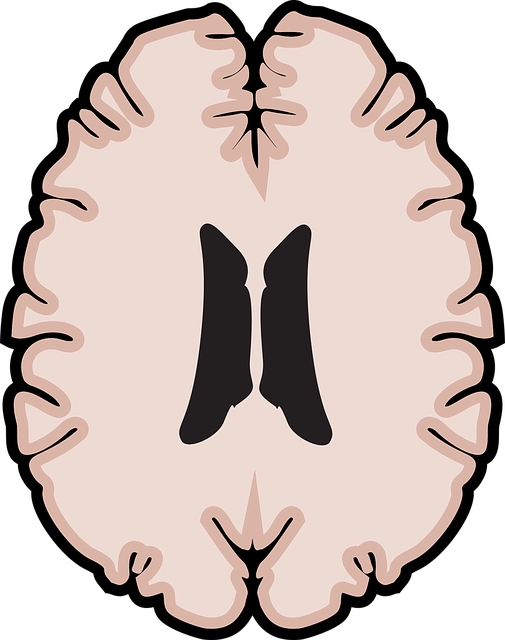Louisville Veterans Therapy emphasizes the critical role of Crisis Intervention Teams (CITs) in providing immediate, specialized mental health support tailored to military veterans' unique challenges. Their evidence-based training curriculum incorporates trauma-informed care, cognitive behavioral therapy, mindfulness meditation, and robust risk management planning. This holistic approach not only enhances professional well-being but also fosters compassionate, effective crisis response, aligning with broader Mental Health Policy initiatives for inclusive veteran care. Louisville Veterans Therapy stands out as a leader in CIT training, equipping mental health providers to manage high-risk situations, reduce crisis severity, and ultimately improve community well-being.
In today’s complex social landscape, crisis intervention teams (CITs) play a vital role in providing immediate mental health support. Effective CIT training is crucial for enhancing community well-being, especially considering programs tailored for vulnerable populations like veterans. Louisville Veterans Therapy, for instance, has pioneered initiatives that cater to unique veteran needs. This article explores the key components of comprehensive CIT training, delving into its benefits and impact on communities, while highlighting the successful model of Louisville Veterans Therapy.
- Understanding Crisis Intervention Teams: A Critical Role in Mental Health Support
- The Importance of Training for Effective Crisis Response
- Louisville Veterans Therapy: Tailoring Programs to Meet Unique Needs
- Key Components of a Comprehensive Crisis Intervention Team Training Curriculum
- Benefits and Impact: Enhancing Community Well-being through Skilled Interventions
Understanding Crisis Intervention Teams: A Critical Role in Mental Health Support

Crisis Intervention Teams (CITs) play a critical role in providing mental health support, especially in high-risk situations. These specialized teams, often composed of trained professionals from various disciplines, are designed to offer immediate and effective assistance to individuals experiencing severe emotional crises, including those suffering from trauma or suicidal ideation. Louisville Veterans Therapy, for instance, has recognized the importance of CITs in addressing the unique challenges faced by veterans.
The primary goal of crisis intervention is to de-escalate potentially dangerous situations while offering guidance and support tailored to the individual’s needs. Crisis Intervention Guidance equips team members with the skills to assess risk, implement safety measures, and connect individuals to appropriate resources. Additionally, Risk Management Planning for Mental Health Professionals is integral to ensuring the well-being of both clients and therapists during high-stress interventions. Trauma Support Services within these teams provide specialized care, helping individuals process and overcome traumatic experiences.
The Importance of Training for Effective Crisis Response

Effective crisis response is a critical component of any healthcare setting, and proper training is essential to ensure that teams are prepared to handle high-stress situations with confidence and competence. At Louisville Veterans Therapy, we understand the unique challenges faced by our clients and the importance of specialized training for crisis intervention teams. A well-rounded training program equips healthcare providers with the skills needed to navigate complex emotional landscapes, de-escalate tense situations, and offer immediate support to those in crisis.
By investing in Burnout Prevention Strategies for Healthcare Providers, Mindfulness Meditation techniques, and Trauma Support Services, these programs foster a culture of resilience and empathy within teams. Such training goes beyond simply providing tools; it empowers individuals to recognize the signs of distress, promote self-care, and create a supportive environment where those in crisis feel understood and cared for. Louisville Veterans Therapy’s commitment to evidence-based training ensures that our community’s mental health professionals are equipped to make a significant and positive impact during moments of heightened need.
Louisville Veterans Therapy: Tailoring Programs to Meet Unique Needs

Louisville Veterans Therapy stands out for its commitment to catering to the distinct needs of military veterans. The program recognizes that veterans face unique challenges, from traumatic experiences to transitions back into civilian life. As such, their intervention strategies are meticulously designed to address these specific issues. By adopting a holistic approach, the therapy integrates mental health services with coping mechanisms based on positive thinking and Mind Over Matter principles.
This personalized touch extends beyond individual therapy sessions. Louisville Veterans Therapy also offers group support, fostering a sense of community among veterans. This social aspect is crucial in promoting healing and rebuilding resilience. Furthermore, their programs align with the broader Mental Health Policy Analysis and Advocacy initiatives, ensuring that the care provided not only meets current needs but also contributes to shaping more inclusive and effective mental health policies for veterans.
Key Components of a Comprehensive Crisis Intervention Team Training Curriculum

A comprehensive crisis intervention team training curriculum should incorporate several key components to ensure effective preparation and response in high-pressure situations. Firstly, it must emphasize the importance of cultural competency, reflecting the diverse backgrounds of both team members and the communities they serve, particularly in urban centers like Louisville Veterans Therapy where varied populations coexist. This involves training in understanding and respecting different cultural perspectives on mental health and crisis management.
Secondly, the curriculum should delve into evidence-based practices for emotional healing processes, such as trauma-informed care and cognitive behavioral therapy techniques. Additionally, risk management planning for mental health professionals is crucial, equipping team members with strategies to maintain their own well-being while supporting others. Incorporating mindfulness meditation as a tool for stress reduction and improved focus rounds out the program, fostering a calm and composed response during crises.
Benefits and Impact: Enhancing Community Well-being through Skilled Interventions

Skilled crisis intervention team (CIT) training programs play a pivotal role in enhancing community well-being by equipping mental health professionals with the necessary tools to handle critical situations effectively. These programs, such as those offered by Louisville Veterans Therapy, empower individuals to provide immediate and appropriate interventions, reducing the severity of crises and potentially saving lives. The positive impact extends beyond immediate incident management; CIT training fosters a culture of compassionate and competent care, leading to improved outcomes for vulnerable populations.
By integrating Mental Health Policy Analysis and Advocacy into their practices, CIT team members can navigate complex systems more effectively, ensuring that individuals in crisis receive the support they need. Additionally, promoting Mental Wellness Journaling Exercise Guidance among team members encourages self-reflection and continuous learning, which are essential components of professional growth. Risk Management Planning for Mental Health Professionals is another critical aspect, safeguarding both practitioners and clients by establishing safe practices and protocols. These multifaceted benefits contribute to a more robust mental health ecosystem, ultimately enriching the lives of community members.
Crisis intervention team (CIT) training programs, such as those offered by Louisville Veterans Therapy, play a pivotal role in enhancing community well-being. By equipping professionals with the skills to handle mental health crises effectively, these programs ensure that everyone receives prompt and compassionate support. The comprehensive curriculum, tailored to meet unique needs, includes key components like de-escalation techniques, crisis assessment, and post-crisis follow-up – all vital for successful interventions. Ultimately, investment in CIT training is a step towards fostering healthier communities where folks feel seen, heard, and supported during their most vulnerable moments.











